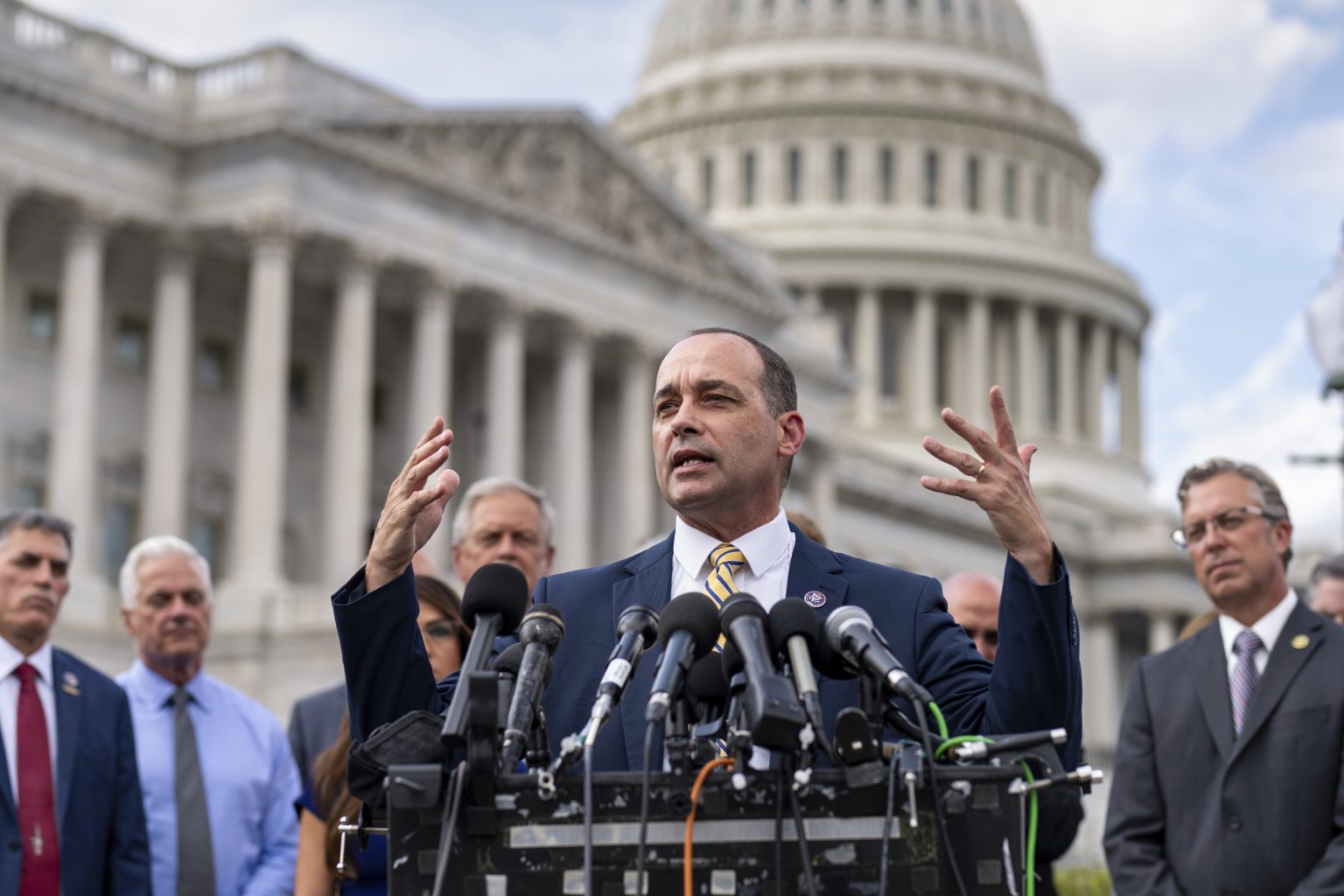Paragraph 1: A Controversial Farewell
Outgoing U.S. Representative Bob Good of Virginia delivered a provocative farewell address to the House of Representatives, asserting that "the less we do, the better," referring to the legislative actions of Congress. He argued that the majority of actions undertaken in Washington are detrimental, unconstitutional, and often directly harmful. Good’s comments reflect his staunchly conservative views and his frequent clashes with both Democrats and members of his own party during his single term in office.
Paragraph 2: A Champion of Minimal Government
Good’s farewell speech underscored his belief in a severely limited role for the federal government. He contended that congressional Republicans should embrace the criticism that they have accomplished less than previous Congresses. He directly questioned what more Republicans could have achieved that would have garnered the support of President Biden and Senate Majority Leader Chuck Schumer, highlighting the deep partisan divide in Washington and his frustration with the legislative process.
Paragraph 3: From Trump Ally to Trump Target
Good’s political career took a dramatic turn when he lost his primary race against Virginia State Senator John McGuire. Initially a supporter of Donald Trump, Good’s endorsement of Florida Governor Ron DeSantis in the Republican presidential primary drew Trump’s ire and ultimately led to Trump endorsing McGuire. This marked a significant shift in Good’s political fortunes, as he transitioned from a Trump-backed candidate to a target of the former president’s criticism. Good conceded the race after a statewide recount, becoming the first House Republican to lose a primary in that election cycle.
Paragraph 4: Trump’s Retribution and Good’s Regret
In his farewell speech, Good expressed his disappointment at not having the opportunity to serve alongside Trump during a hypothetical second term. This statement implicitly acknowledges the impact of Trump’s disapproval on his political trajectory. He had initially hoped to support Trump’s agenda but instead found himself battling the Democratic administration of President Biden. This illustrates the power dynamics within the Republican party and the influence Trump continued to wield even after leaving office.
Paragraph 5: Intra-Party Conflicts and Opposition to Aid
Good’s tenure was marked by friction not only with Democrats but also within the Republican party. He was a member of the conservative House Freedom Caucus and was among the eight Republicans who voted to oust then-Speaker Kevin McCarthy. His opposition to foreign aid for Ukraine and Israel further alienated him from many in his own party. He also rejected the debt ceiling deal negotiated by McCarthy and the Biden administration, showcasing his commitment to fiscal conservatism and his willingness to defy party leadership.
Paragraph 6: The Cost of Defiance
The concerted effort to unseat Good demonstrates the lengths to which some Republicans were willing to go to remove him from office. NBC News reported that outside groups linked to prominent Republicans, including former House Speaker Kevin McCarthy, invested considerable resources in Good’s primary opponent. This underscores the internal divisions within the Republican party and the perceived threat Good represented to the establishment wing of the GOP. His defeat signifies the challenges faced by those who challenge party leadership and deviate from mainstream Republican positions.


